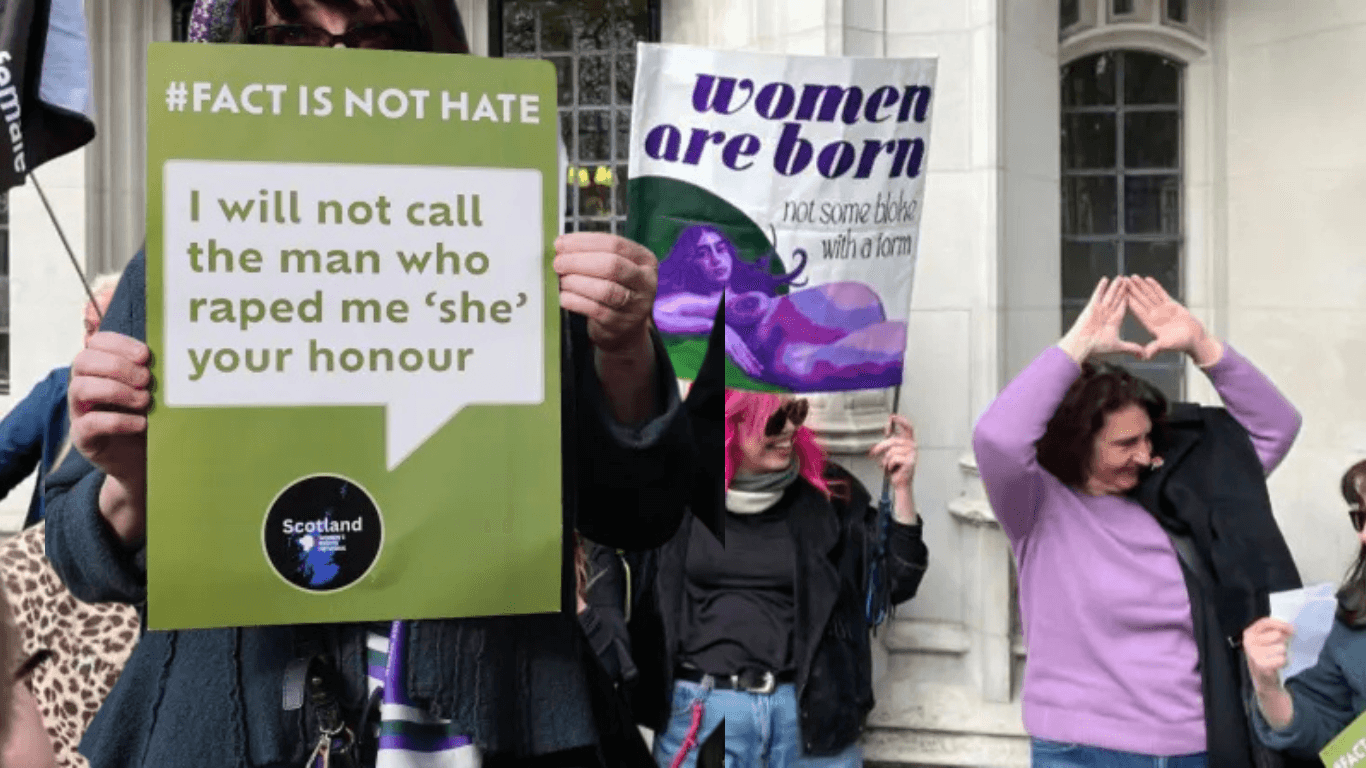In a big decision with significant implications for transgender rights in the United Kingdom, the UK Supreme Court has ruled that the term “woman” within the Equality Act 2010 is defined by biological sex. The ruling emerged from a legal challenge brought by the campaign group For Women Scotland (FWS) against the Scottish government’s interpretation of “woman” in laws governing female representation on public boards.
Defining “Woman” in the UK: The Supreme Court’s Stance
The court hearing, while initially focused on Scottish legislation, held national significance as the Supreme Court’s jurisdiction covers the entirety of the UK. The core of the dispute revolved around whether the definition of “woman” under the Equality Act should extend to include transgender women. FWS argued that such an extension would undermine the equality intended for biological women under the Act.
Landmark Ruling: Biological Sex is Key
UK Supreme Court judge Lord Hodge delivered the unanimous decision, stating clearly: “The unanimous decision of this court is that the terms woman and sex in the Equality Act 2010 refer to a biological woman and biological sex.” This ruling establishes a definitive legal interpretation of these terms within the framework of the Equality Act, which applies across Great Britain (England, Scotland, and Wales).
Reassurance for Transgender Individuals in the UK
While this big decision clarifies the definition of “woman” based on biological sex, Lord Hodge emphasized that it should not be seen as a setback for transgender individuals. He explicitly highlighted the existing legal protections afforded to transgender people under the Equality Act 2010.
“But we counsel against reading this judgement as a triumph of one or more groups in our society at the expense of another, it is not,” Lord Hodge cautioned. He further explained: “As I shall explain later in this hand down speech, the Equality Act 2010 gives transgender people protection, not only against discrimination through the protected characteristic of gender reassignment, but also against direct discrimination, indirect discrimination and harassment in substance in their acquired gender.”
Implications for Transgender Rights and Equality in the UK
This big decision by the UK Supreme Court has far-reaching consequences for the understanding and application of the Equality Act 2010 concerning sex and gender identity. While the ruling defines “woman” as biological sex, the explicit mention of continued protections for transgender individuals underscores the complex legal landscape surrounding transgender rights in the UK. The ruling is likely to prompt further discussion and potential adjustments to policies and regulations across the nation to ensure both the intended protections of the Equality Act for biological women and the rights of transgender individuals are upheld.















